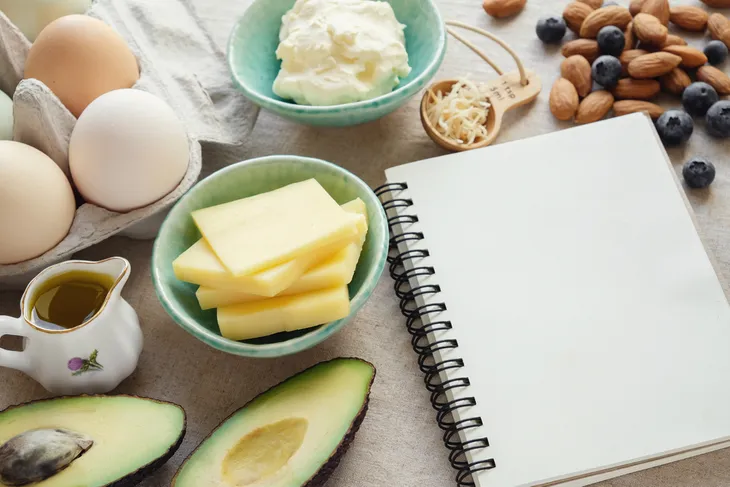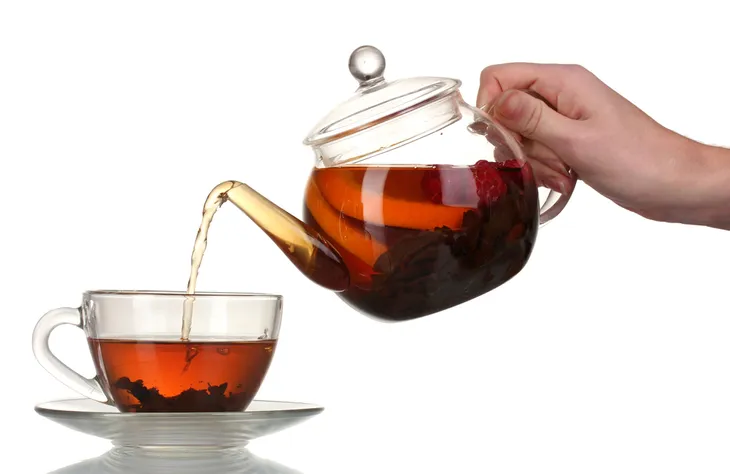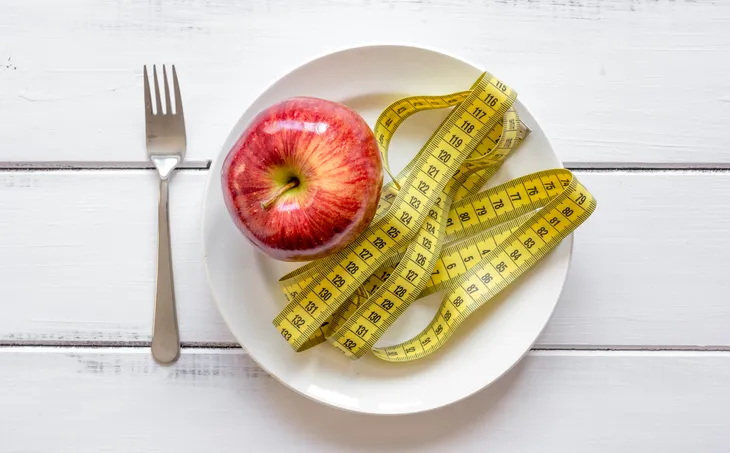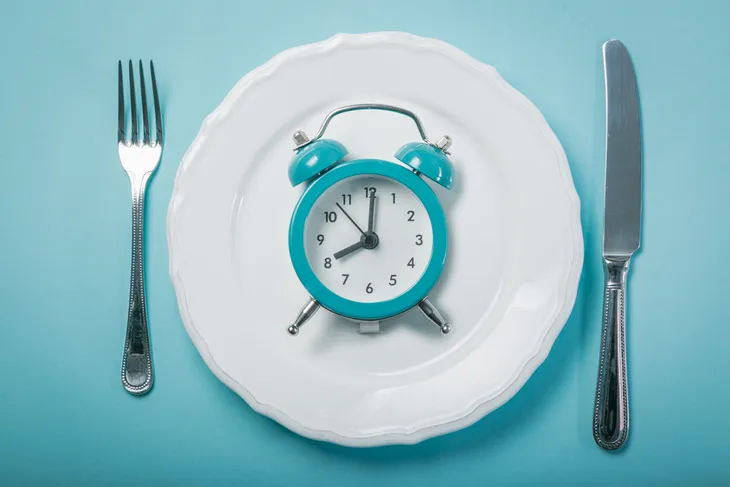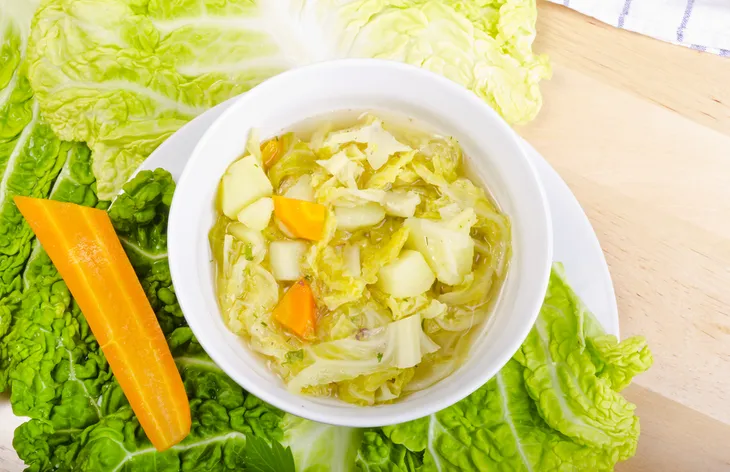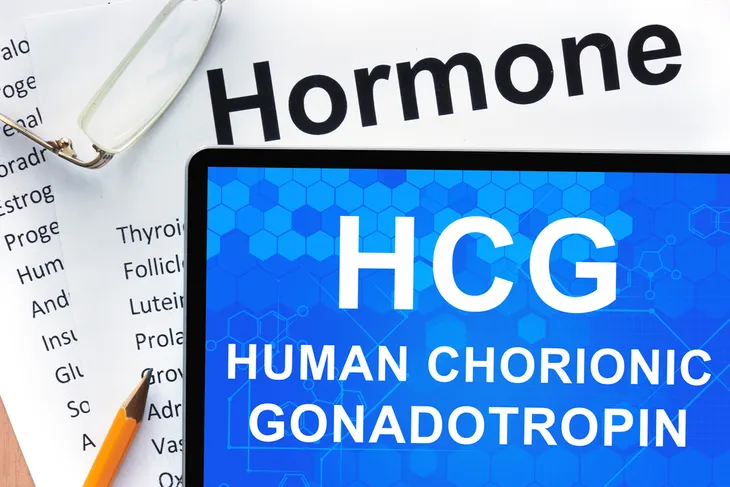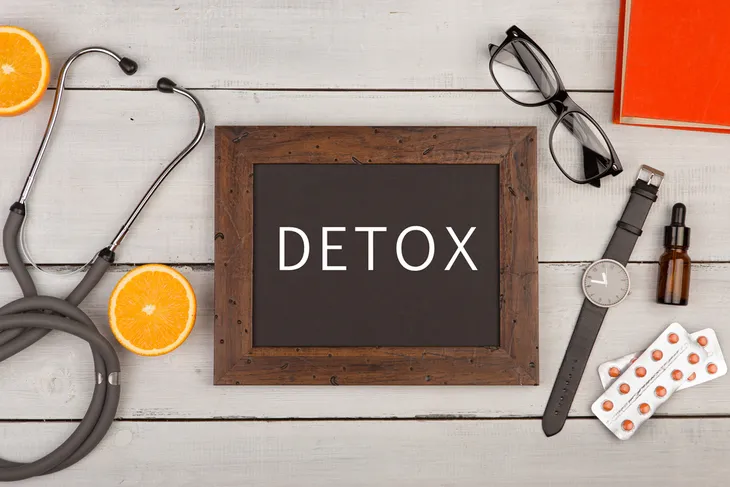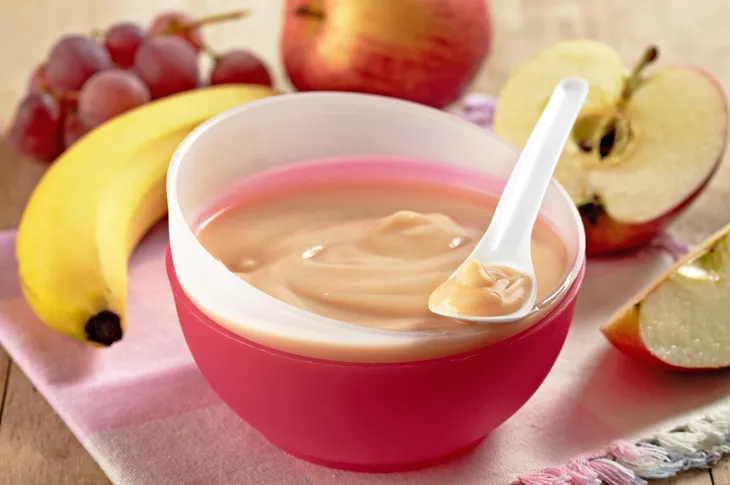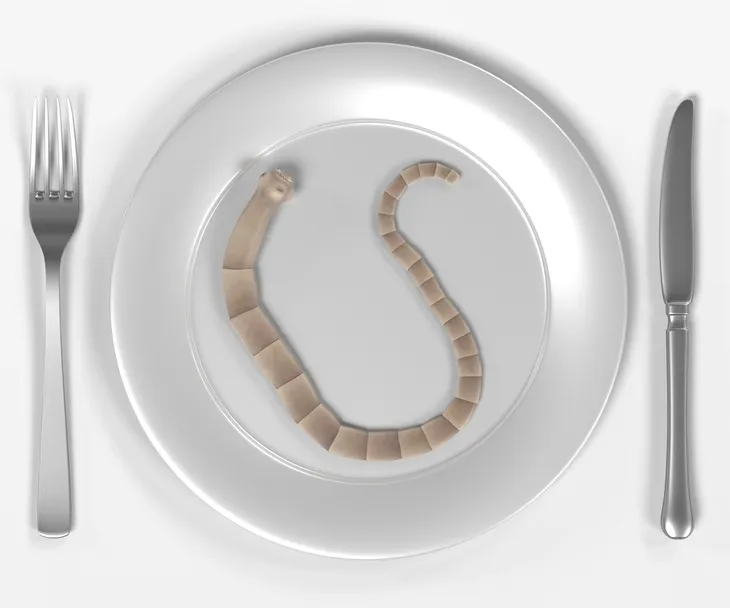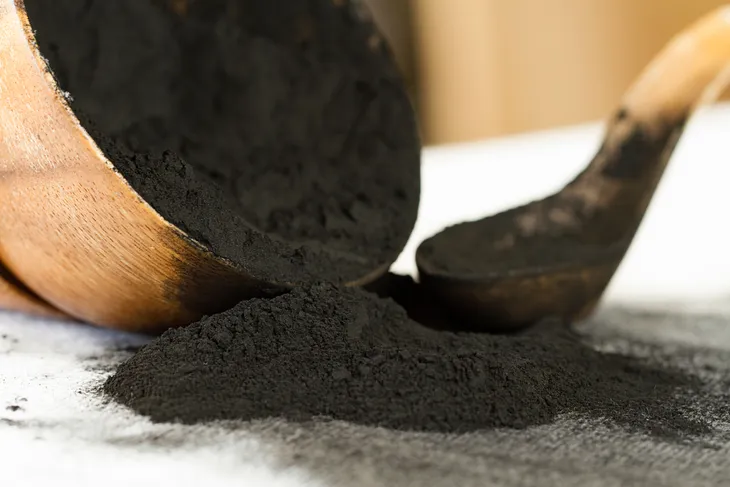We often think that diets are the way to go to improve our health and lose weight, but in actuality, some of them are pointless – and can actually be downright dangerous.
The best way to stay healthy is by getting sufficient exercise and changing your diet to involve less fatty and sugary foods and adding more nutritious meals (or at least consulting a doctor or dietician if you want to dramatically cut calorie intake). However, people are still flocking to these “miracle” diets – so let’s take a closer look at 13 of them that can actually be detrimental to your health…
The Skinny on The Ketogenic Diet
Good Housekeeping describes this as a “high-fat, low-carb diet” which is supposed to spark a process called ketosis, “when your body primarily burns fat for energy instead of carbs.”
However, it notes that in some versions of this diet, less than 10-percent of what you take in are carbohydrates and protein, “which may be great if you like to eat bacon and butter for every single meal.” This type of diet is apparently also used to treat seizure disorders that aren’t responding to medication – so maybe not a great idea to use this route if you don’t need to, as an extreme diet can alter brain chemistry, it adds.
Detoxing with Tea or ‘Tea-toxing’
The same source warns about using tea to shed pounds. Sure, a nice cup of tea won’t do you any harm, but there are apparently “weight-loss” teas containing certain herbs out there to be careful with.
The detox teas to watch out for in particular contain senna leaves, “an active ingredient in laxatives,” says the source. You might end up having an unfortunate accident, but more concerning is that you’ll lose electrolytes when you shed water, which can lead to cramping – and in the worst cases, cardiac arrest, it says.
The Regimented Military Diet
This one sounds rather daunting, like you have to live off 50-calories per day while running 10-miles daily. In actuality, it’s a 3-day per week diet that is purported to shed 10-pounds when you follow it properly, according to Medical Daily.
It also allows for 860 to 1,150-calories per day. “It’s all based on how many calories the body needs to gain one pound of fat,” which is 3,500-calories per day, it adds. The idea is you’ll burn more than you take in per day and target fat first, a “form of fasting.” However, this diet doesn’t allow for any “superfoods” that are packed with nutrients and omega-3 fatty acids that benefit the brain, which can mean “cognitive processing becomes more difficult,” notes the source.
Shaking Pounds with Protein?
Drinking protein shakes is popular because of convenience and the level of nutrition they can deliver, explains LiveStrong. However, the source explains what can happen to your body if you don’t mix diet with proper exercise (protein shakes are typically used by athletes and bodybuilders).
It says a typical whey protein shake contains around 110-calories made with water, which can easily jump to 300-calories if it’s mixed with milk and a banana. “Over time, those calories can add up to weight gain, and it’s likely to be in the form of fat rather than muscle if you’re not regularly exercising,” says the source.
Slow Down on the Fasting
Fasting is typically when you consume nothing (or only the essentials) for a given period of time. While GoodHousekeeping.com notes some studies have shown there could be health benefits to fasting, let’s slow it down for a moment.
“Not eating can make you not only cranky, but also nauseous and dehydrated,” says the source. More importantly to those looking to lose weight, you might be in for a shock – the source adds that fasting can actually slow down your metabolism, which could lead to weight gain over time from burning less energy.
Ditch Doctor-Directed ‘Cleanses’
A doctor is involved, so it must be a safe and efficient diet, right? Not always. The same source says you should avoid medical advice when it comes to using “cleansing” as a way to shed pounds, even when using “physician-formulated” products.
Good Housekeeping says these types of products may interact with other drugs, and may lack the research and FDA evaluation to back them up. “Legit MDs know the kind of education required to be a Registered Dietitian (RD/RDN) and can refer you appropriately,” it adds.
Lose the Cabbage Diet
The Mayo Clinic says the “cabbage soup diet” is generally considered to be a fad, and requires you to eat “large amounts” of cabbage soup for 7-days (along with other allowable foods including certain veggies, fruits, and proteins).
The clinic says you may actually lose weight on this diet because it “drastically” limits calories, but you may be losing more than just fat – it could be water and fat, or even muscle. Depending on the recipe, the soup may also be high in sodium, which has its own health risks.
Decoding the HCG Diet
Healthline says this diet has been “popular for many years” (but that doesn’t always mean it’s good for you – look at smoking). This “extreme” diet supposedly can lead to weight loss of up to 2-pounds per day, all while not feeling starved, it adds.
HCG stands for human chorionic gonadotropin, which is a hormone present at high levels in early pregnancy, explains the source. This diet consists of HCG hormones received through injections, as well as an “ultra low-calorie diet” of around 500-calories per day. However, studies have shown it’s the low calorie intake, and not the hormones, that do the trick. “One common side effect of weight loss is decreased muscle mass,” it warns. Also, many HCG products on the market (which are not injected) are “scams,” it adds.
Don’t Celebrate Celebrity Detoxes
Our favorite celebs always look so trim and happy, so they must know all the best and safest diets, right? Well, turns out that this kind of dieting is just an act (see what we did there?).
Good Housekeeping explains we are often drawn in by what the popular celebrities are touting – and apparently one of them is the “Master Cleanse” involving only water, maple syrup, red pepper flakes and lemon juice. This elixir has virtually 0-calories, which will most definitely make you lose weight, “but also deprive you of the energy to do absolutely anything except maybe vomit,” it adds. Here are 5-more celebrity diets courtesy of Women’s Health that are also apparently bogus.
You Can’t Sleep Off Weight
This “Sleeping Beauty” diet isn’t one that ends when a handsome prince kisses you. Cosmopolitan magazine calls it a “worrying fad” that involves sleeping to avoid eating, basically.
Some women have taken this diet to extremes by using sedatives to bulk up on their sleep, says the source, which adds that experts have warned this approach is dangerous and could even cause death. “If you do manage to wake up two pounds lighter you will wake up being potentially addicted to sedative pills which is not good news,” it adds, noting the diet seems to be popular among pro-anorexia forums online.
Grow Out Of the Baby Food Diet
Seems a bit out there, but apparently many people are eating only what they would feed an infant in order to stay thin. The problem is, what we feed young children and what adults need to function are 2-very different things.
The cons of following the baby food diet include not getting enough dietary fiber, explains EveryDay Health. The baby food diet is apparently a way to stay thin after seeing success with another (fee-based) diet, notes EveryDayHealth.com.
Losing Pounds by Parasites?
Perhaps the most stomach-turning diet, the tapeworm diet as it’s called involves actually ingesting a tapeworm egg inside of a pill – on purpose. These are one of the harmful parasites people usually try to get rid of.
“When the egg eventually hatches, the tapeworm will grow inside your body and eat whatever you’re eating,” explains Healthline.com. But it’s not a safe diet; the source says it’s the exact same thing as a tapeworm infection, noting a tapeworm can attach itself to organs and tissues outside your digestive system and cause “serious damage.” You may also experience pain in the abdomen, nausea, weakness, fever, and in some cases even neurological issues. In short, don’t do it.
Don’t Activate the Charcoal Diet
This “detox plan” also apparently is not grounded in science, and may actually be more harmful than good, says LiveStrong. It allegedly works by ingesting activated charcoal to rid your body of toxins, which proponents of this method claim leads to weight loss.
Any weight you may lose from this method is from calorie restriction, not the charcoal, it adds. Potential dangers include constipation, diarrhea, vomiting, and even more serious problems like bowel obstruction (which is a medical emergency) warns the source. There’s also some belief that charcoal binds to nutrients, which reduces nutrient absorption.

